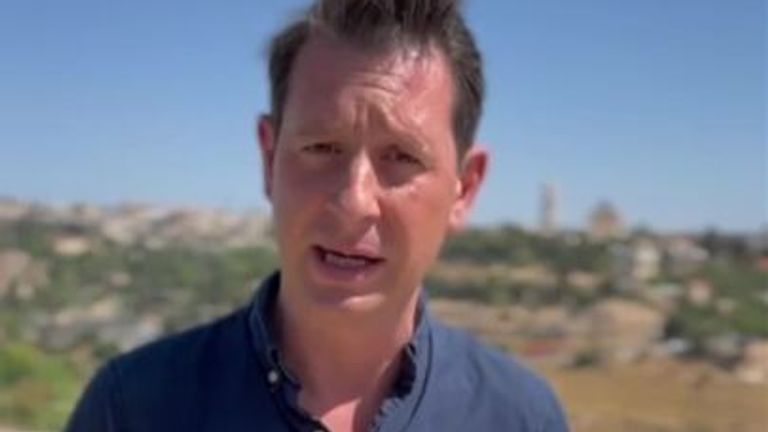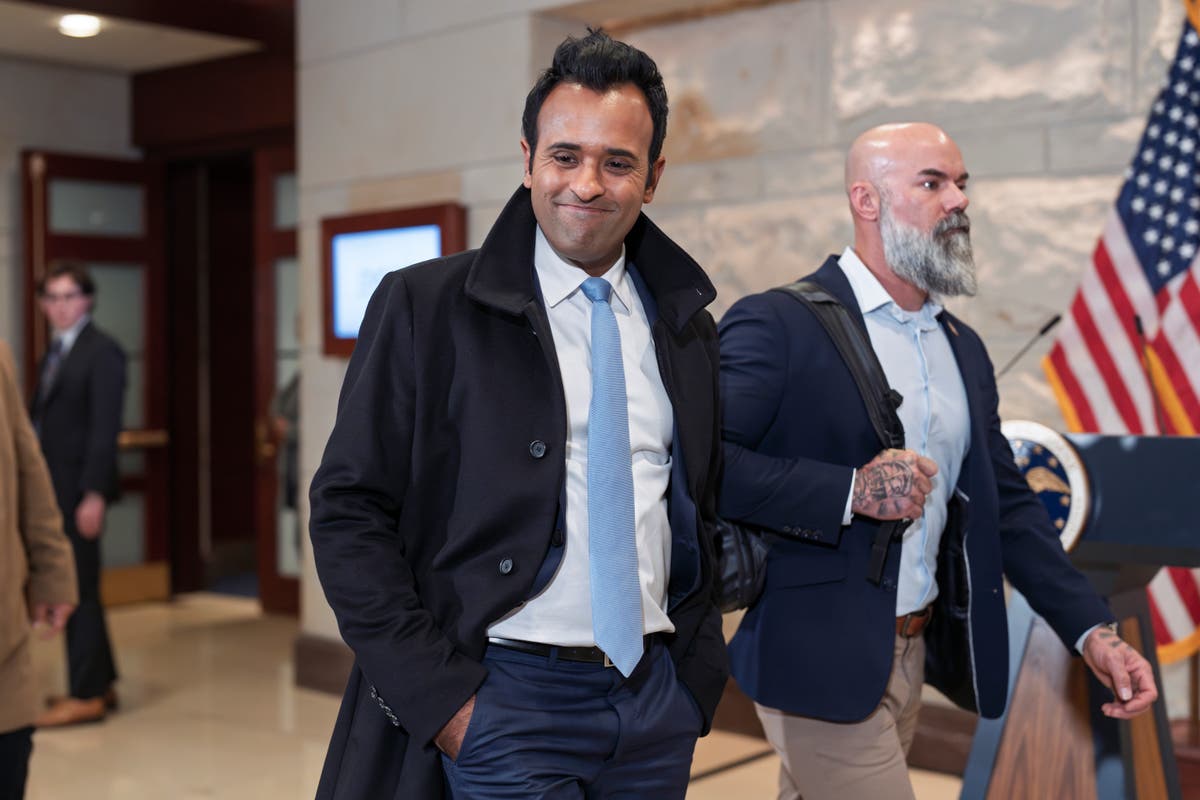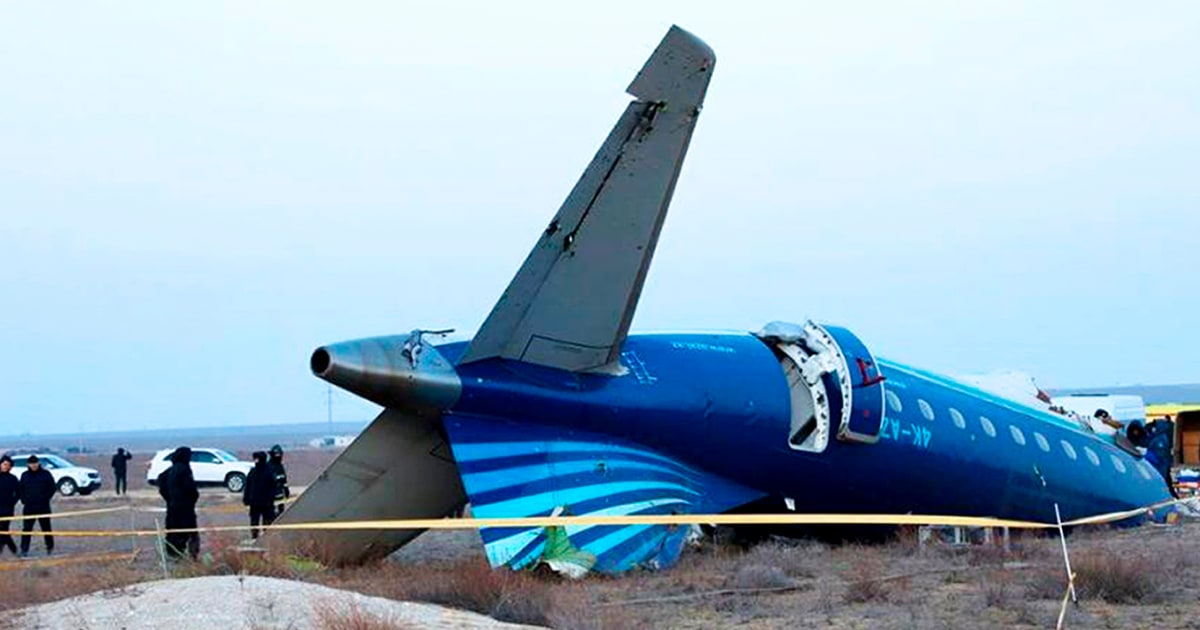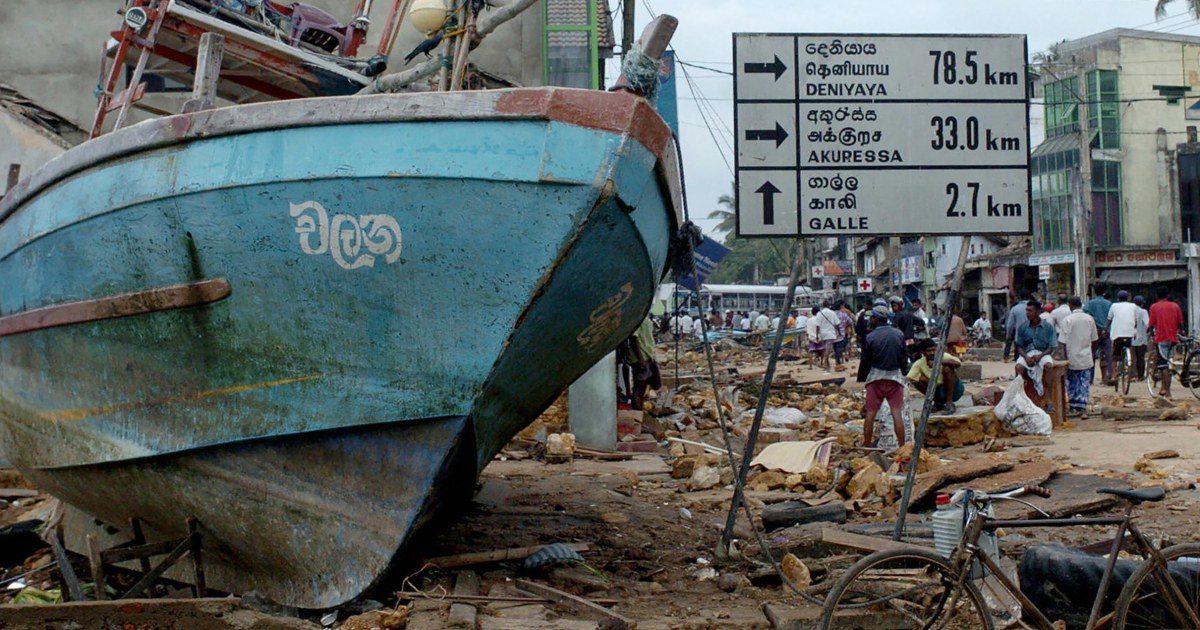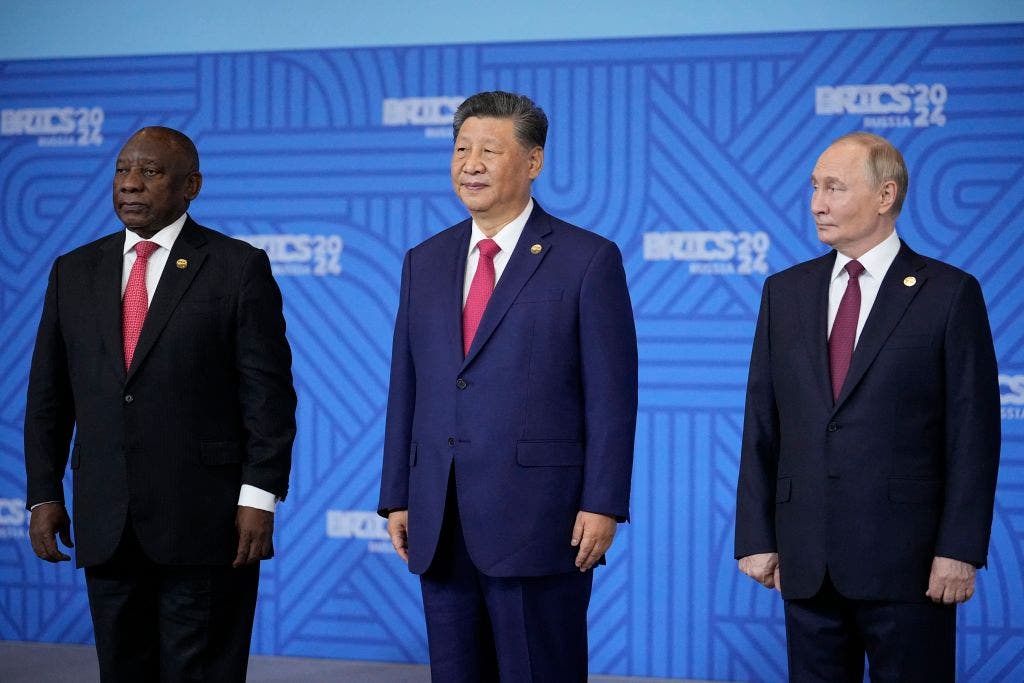World
Israel-Hamas war: Netanyahu vows his country will ‘stand alone’ if it has to after Biden’s weapons supply threat
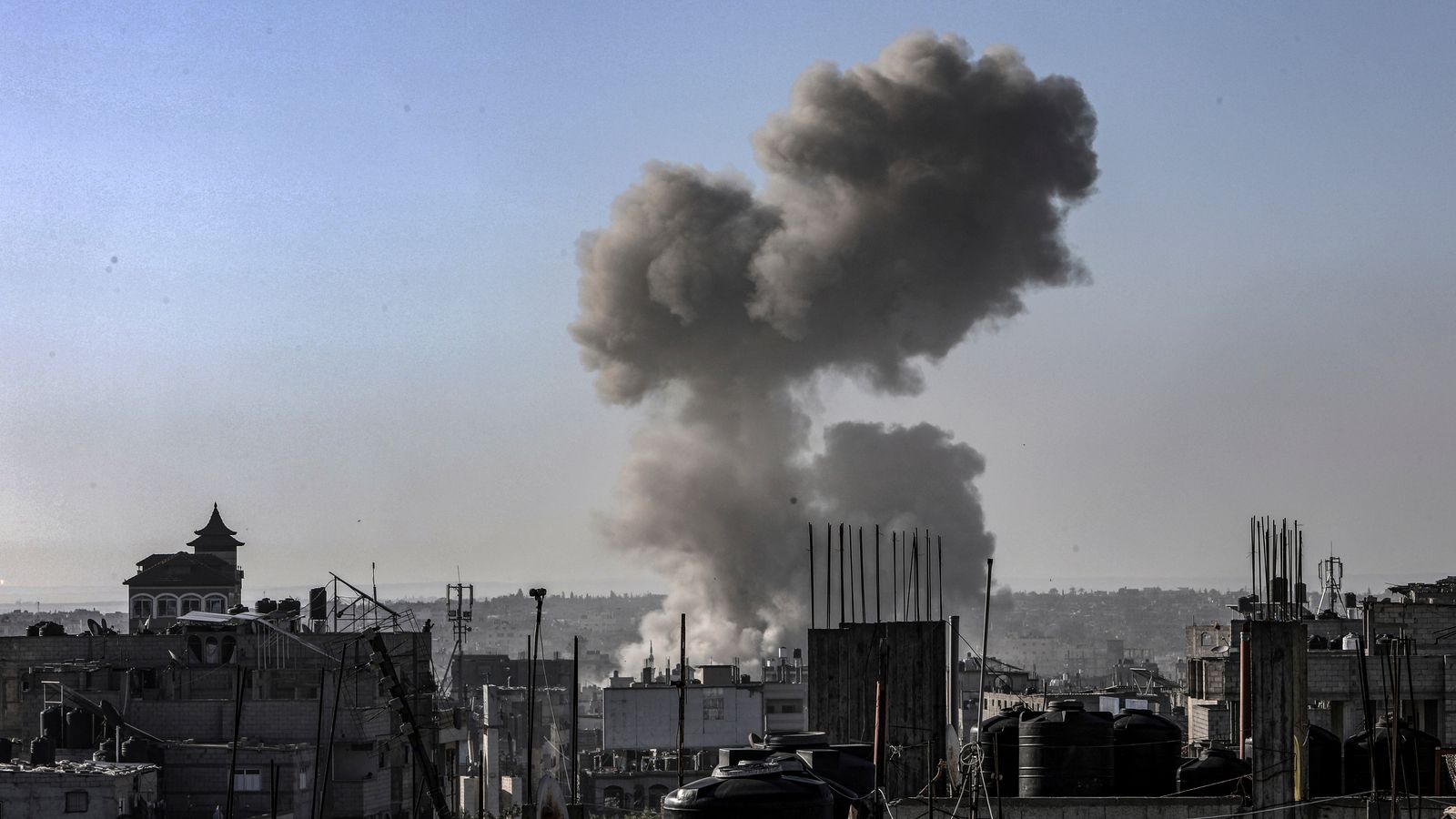
Benjamin Netanyahu has vowed Israel will “stand alone” if it has to in its war against Hamas, after the US threatened to stop sending some weapons to its ally.
President Joe Biden earlier said America would halt offensive arms supplies to Israel if it attacks the Gaza city of Rafah, where hundreds of thousands of civilians are sheltering from bombardments elsewhere in the Palestinian territory.
The Israeli prime minister said in a video statement: “If we have to stand alone, we will stand alone.
“If we need to, we will fight with our fingernails. But we have much more than fingernails.”
Follow latest:
Updates on Israel-Hamas war
Amid humanitarian groups’ fears of a full-scale invasion of Rafah, an unnamed Israeli official said Israel will press ahead with its operation there and elsewhere in the Gaza Strip, Reuters reported.
Also, chief armed forces spokesperson Rear Admiral Daniel Hagari said his military has the munitions it requires for the operations.
He said: “The army has armaments for the missions it plans, and for the missions in Rafah too – we have what we need.”
Israel claims Rafah is Hamas‘s last stronghold in Gaza and has vowed to “eliminate” four battalions of fighters which it says are hiding there. But Mr Netanyahu has not yet ordered his troops to enter the southern city.
On Thursday, Israeli tanks and warplanes bombarded areas of Rafah, according to Reuters, citing Palestinian witnesses.
Also, Hamas and another Palestinian militant group Islamic Jihad said their fighters fired anti-tank rockets and mortars at Israeli tanks gathered on the eastern outskirts of the city.
The US State Department said it believes a major offensive in Rafah would weaken Israel’s position in hostage talks.
Washington is discussing with the Israelis amendments to a ceasefire proposal submitted by Hamas, state department spokesperson Matthew Miller said, adding they were working to finalise the text of an agreement. Mr Netanyahu has previously rejected the Hamas proposal.
Aid fears
Most of the Gaza Strip’s 2.3 million people are suffering from hunger and northern Gaza is experiencing “full-blown famine”, according to the United Nations.
Israel’s initial push into Rafah, along with Hamas attacks on Israel’s Kerem Shalom crossing, have disrupted the flow of aid into Gaza and raised new concerns about the dire humanitarian situation getting worse.
The reopened Erez crossing in the north is still operating, but only 60 aid trucks entered on Tuesday, far fewer than the 500 which entered Gaza each day before the war.
Also on Tuesday, Israel seized the Gaza side of the Rafah crossing with Egypt, and it is unclear when it will reopen.
The first aid ship bound for an American-built floating pier to be installed in Gaza has now left Cyprus but it is not known when the corridor will be up and running.
Read more:
UK drops aid into Gaza by parachute
How Israel launched its Rafah offensive and seized key border crossing
‘Not likely’ UK-supplied arms used in Rafah assault
Last week, Mr Biden halted a shipment of bombs to Israel amid fears similar weapons have caused significant civilian casualties in Gaza and would almost certainly do the same if Israel carries out a major offensive in Rafah.
UK-supplied arms are “not likely” to be used in a possible Rafah assault, Tom Tugendhat has insisted.
The security minister told Sky News’s Politics Hub: “I can’t go into the details of what it is but that is not likely to happen…
“I wish I could go into detail but I’m afraid I can’t. The reality is we’re dealing with a very, very different element here.”
Click to subscribe to the Sky News Daily wherever you get your podcasts
The war began with Hamas’s surprise attack on southern Israel on October 7, when its gunmen killed 1,200 people, mostly civilians, and took 250 others hostage.
Israel retaliated with an air and ground assault in Gaza, killing more than 34,800 Palestinians, mostly women and children, according to the Hamas-run health ministry.
More than 100 Israeli hostages were released during a ceasefire last year, but Hamas is still holding 100 others along with the remains of more than 30.

